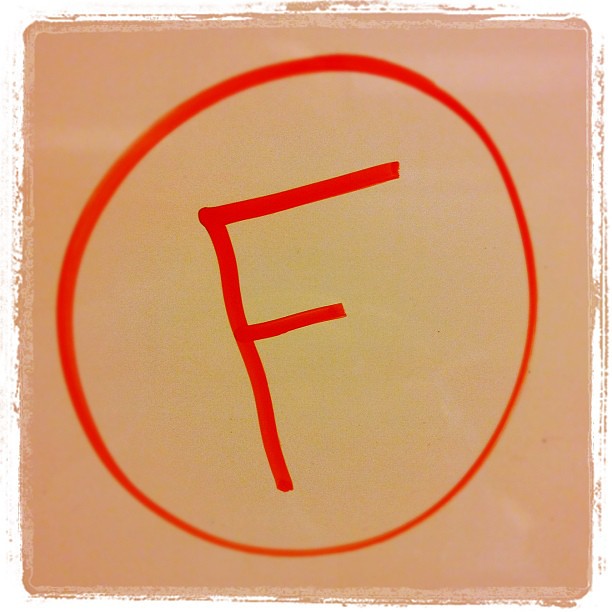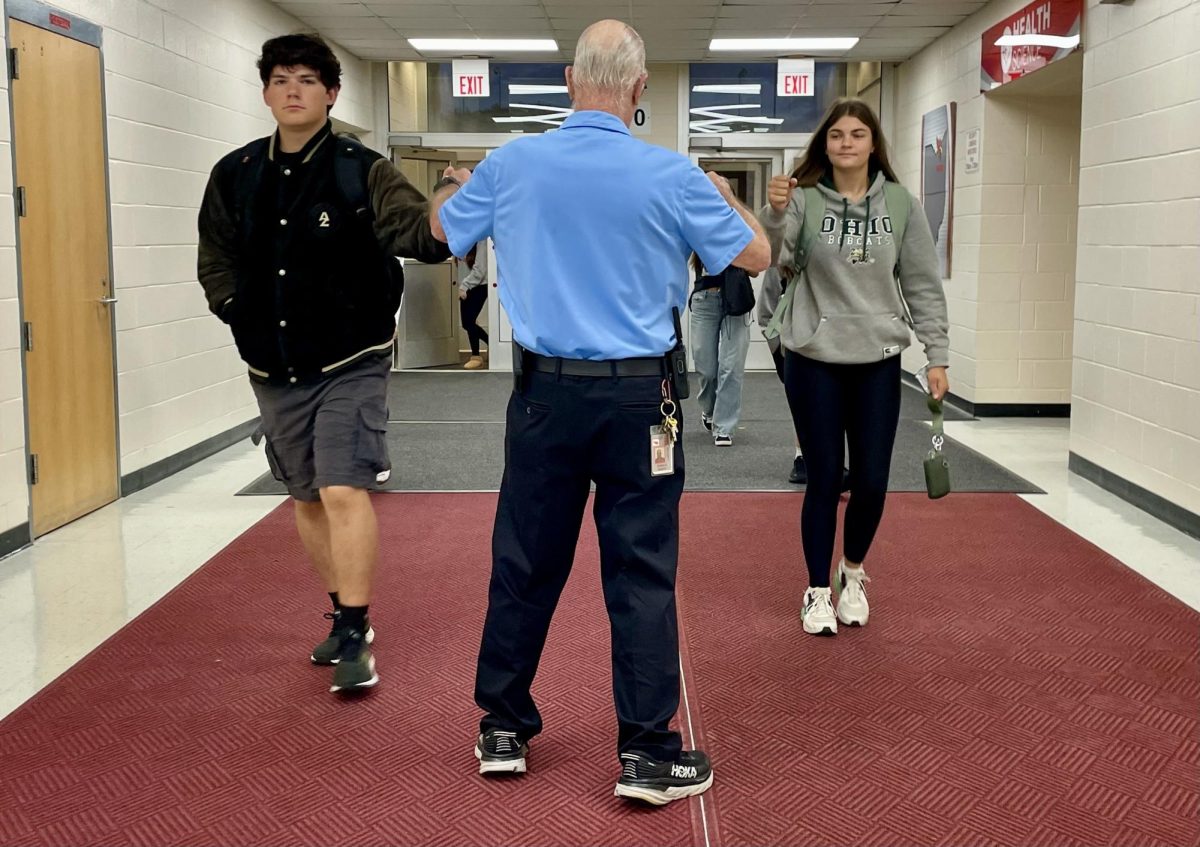To the Oxford English Dictionary, overachieving is defined as, “Performing better or achieving more that is expected or standard.” To students, overachieving sometimes isn’t enough. Most students; however, have learned to accept that sometimes, their version of overachieving still isn’t enough. Colleges today expect students to work a full-time job, take dozens of AP and honors classes, participate in a multitude of extracurricular activities, play a sport, and maintain a high GPA. These standards are unrealistic and lead to students feeling as though they aren’t enough. On top of that, students who are not academically “gifted” will often feel less than others because of the immense pressure placed on them since elementary school.

In my elementary school, at the end of the year, there was an awards ceremony where students received awards only for academic excellence. There were two options. Either you got all A’s or all B’s. There were no other awards. None for art. None for music. None for physical education. None specifically for Mathematics, English, Science, Social Studies, or anything else. These awards meant everything to me because I would get the award for academic excellence. I would be able to walk across the gym floor, get my paper certificate, and smile and wave at my parents sitting in plastic folding chairs across the room. From 3rd grade on, I have been defined by only my grades. When this occurs, students are shown that the only thing in school that matters is a letter. The letter on your report card at the end of every semester is what defines whether or not you “did well” or will “succeed in the future.” However, simply getting an “A” on your report card does not guarantee a successful future.
Dangers of Focusing on a Letter

Focusing on a letter grade decreases a student’s ability to learn, process, remember, and apply information in a class. When students are focused on achieving a certain grade, they focus on doing well on a test or a certain assignment and will not attempt to learn or retain the material taught to them because, as a society, we have started focusing on getting a certain grade rather than using this information in the future to become well-educated and better citizens. Some information taught to us is learned specifically for an assignment or test and then discarded afterward because we are now focusing on the next assignment or test. This is shown on tests such as midterms, finals, AP tests, and after long breaks from school.
We have all gone home at one point, not thought about school, and returned and had to be retaught certain concepts and lessons. This is because we did not acknowledge or care that we learned them and needed to remember them and instead focused on learning them for a test and then moved on.
According to Harvard Business Publishing Education, “Students focus on grades and degrees because they think that will help them get a good job and advance their careers—maintaining the Self. It appears they don’t relate acquired knowledge and skillsets with getting a good job.” When considering what career path we are going to pursue, we consider what qualities we need and what classes we need to take to go into that field, but what we do not consider is how certain subjects or ideas may translate into those careers, showing the danger of focusing on grades. As explained before, focusing on grades makes students less likely to retain certain information, so if this information is vital for students to understand and can be translated into future careers and jobs, how do we make sure that students comprehend what is important? Having students be able to focus on what they are passionate about would likely increase their attention and comprehension of topics and concepts in that subject.

As previously mentioned, art and music are classes that some people excel in, and they may not excel in math or science. Since math, science, English, and social studies are core classes that students are required to take, this leaves little room for growth and opportunity for students to take other classes that they are passionate about and want to take. When students do not care about a class, they will not try to succeed in those classes and spend their time working on those classes outside of school, likely making their grades lower. Since these are core classes and make up a majority of a student’s schedule, their GPA is a direct reflection of these core classes and not others such as art classes. These letters make students feel discouraged, less intelligent than their peers, and less likely to pursue a future education because they feel inadequate. Perhaps it’s time to remember that education isn’t about collecting letters on a report card but about empowering students to discover their potential and pursue their dreams. Ultimately, a system that values grades over genuine learning stifles the passions and potential of students, leaving us all poorer for it.













